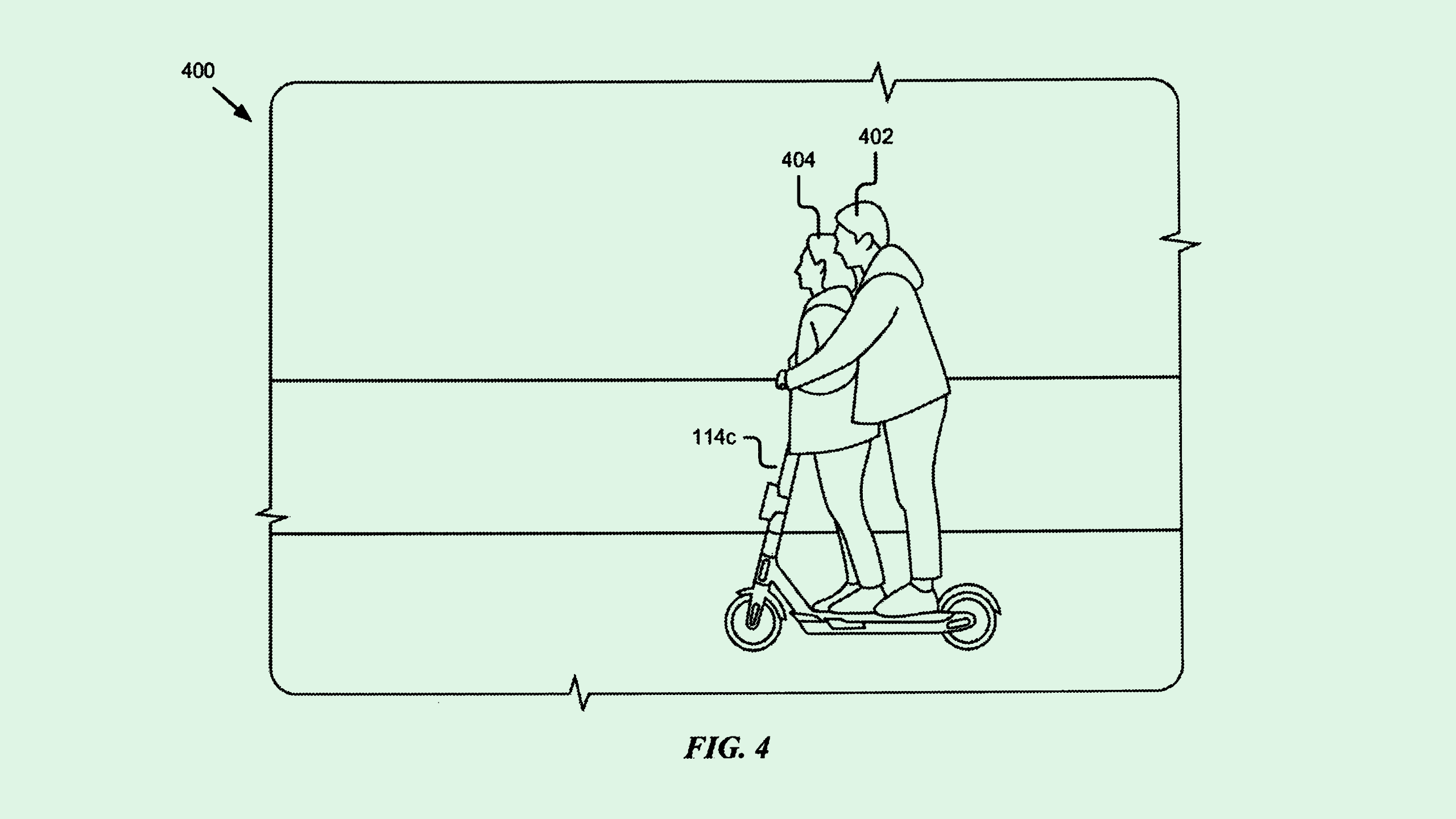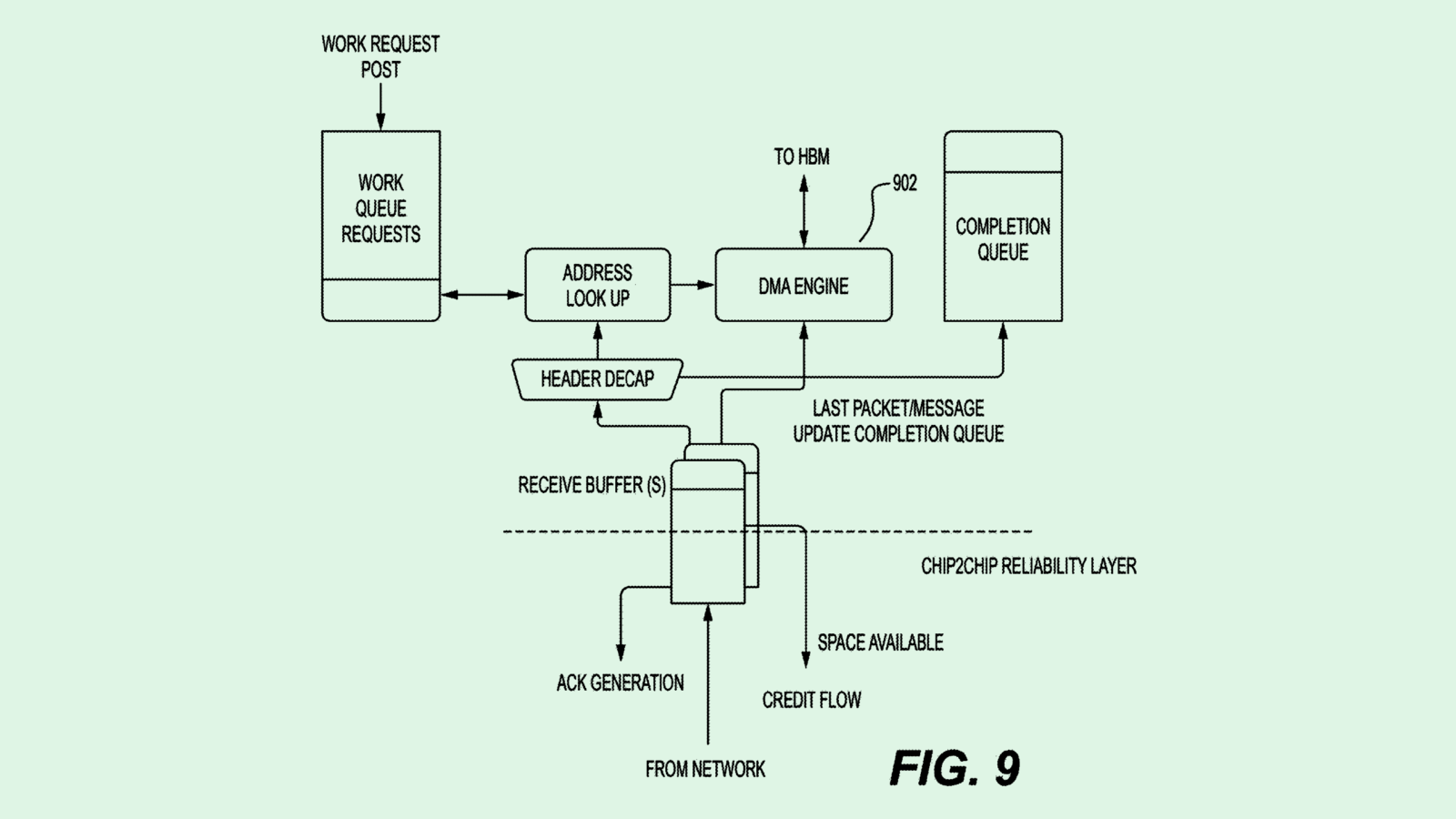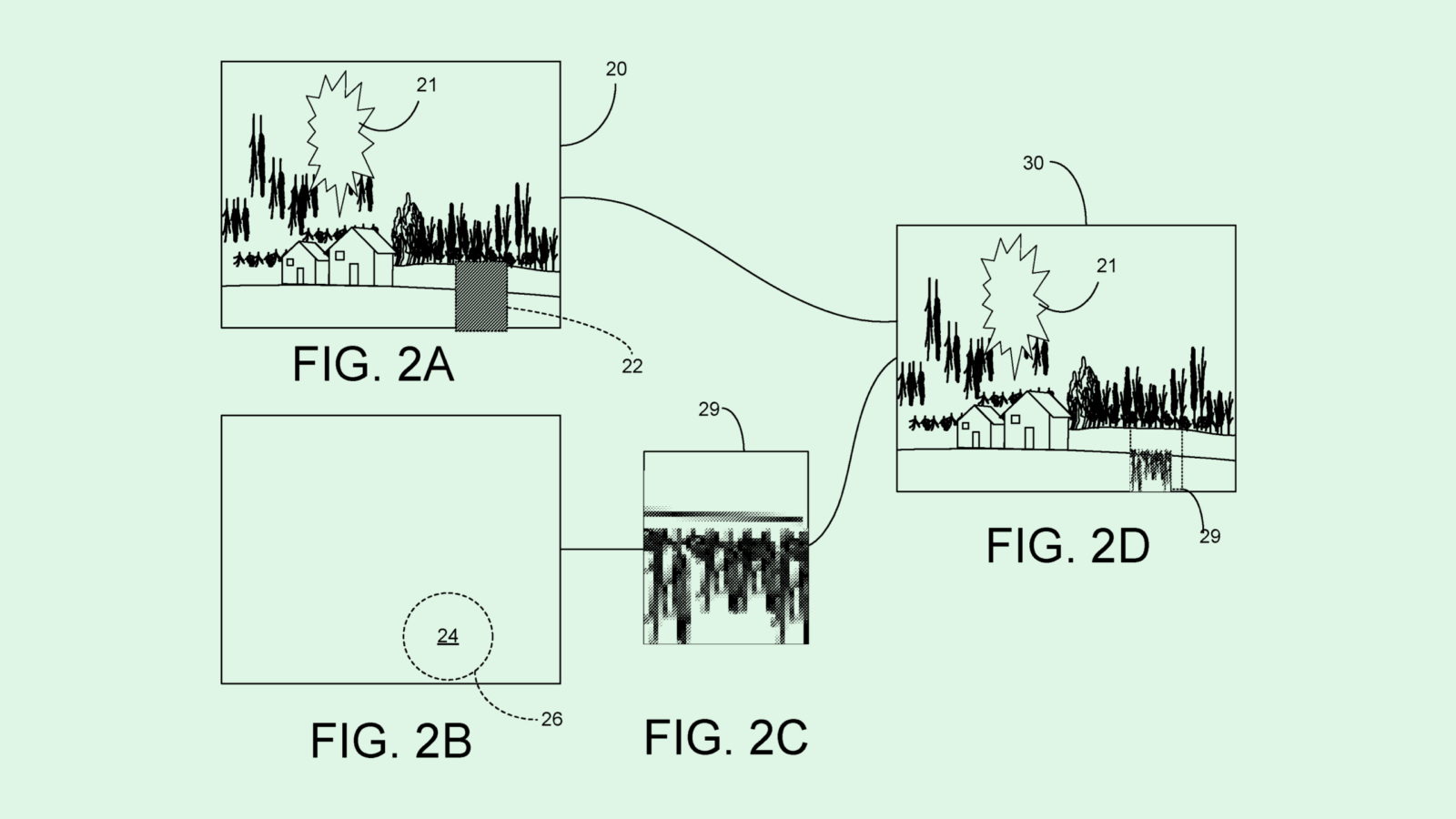Lyft Seeks Micromobility Patents Amid Bike and Scooter Restructuring
The company’s recent changes, aimed at “right-sizing [its] cost structure,” include layoffs and shifting focus from R&D.

Sign up to uncover the latest in emerging technology.
Lyft may want to keep a closer eye on its smaller rides.
The rideshare company filed a patent application for “tandem riding detection on personal mobility vehicles.” As the title of implies, Lyft wants to make sure you’re not giving out free rides on its dime.
“A personal mobility vehicle (e.g., a scooter) may have limited hardware, low-powered, or light-weight components and tandem riding may lead to wear and tear of these components,” Lyft said in the filing.
To combat this, Lyft’s system would collect data about your “approximate load” on a scooter with embedded sensors over the course of several rides, and store that as part of your profile. It would then compare that approximate weight to the load on the scooter for any subsequent rides. If it notices during a ride that the weight on the scooter is significantly heavier, it may conclude the user is tandem riding, and notify them to stop.
Additionally, Lyft is seeking to patent for micromobility “vehicle cockpit assemblies” that include cameras. This patent describes a design for the front of both its scooters and bikes that includes a camera, meant to take photos during rides. The images captured could be used to provide user feedback on surrounding conditions, like road surface conditions and pedestrian information.
Lyft has had a slightly rocky road with micromobility. Last summer, the company considered selling off its bike and scooters unit amid layoffs and cost-cutting measures after it received interest from prospective buyers. And earlier this month, the company announced that it’s restructuring its micromobility unit, with changes aimed at “right-sizing [its] cost structure.”
The changes include layoffs that would impact around 1% of staff, research and development cost-cutting, and “focusing on deployment” (so we may see fewer patents related to Lyft’s bikes and scooters from now on). Lyft also announced that it will narrow its product portfolio to focus only on docked bikes, ebikes and scooters, rather than standalone versions, and partner with firms like Bird and Spin in the cities where it doesn’t operate.
Despite the shakeup, the company has faith in the tiny but mighty unit, with CEO David Risher telling TechCrunch in an interview that “e-bikes in particular are growing so fast globally. It would be insane not to take it on ourselves.”
Though Lyft hasn’t revealed exactly how much it makes from micromobility, Risher told TechCrunch that the company would benefit from the restructuring “on the order of $20 million a year,” and around 56.7 million of all Lyft trips in 2023 were bike or scooter rides.











